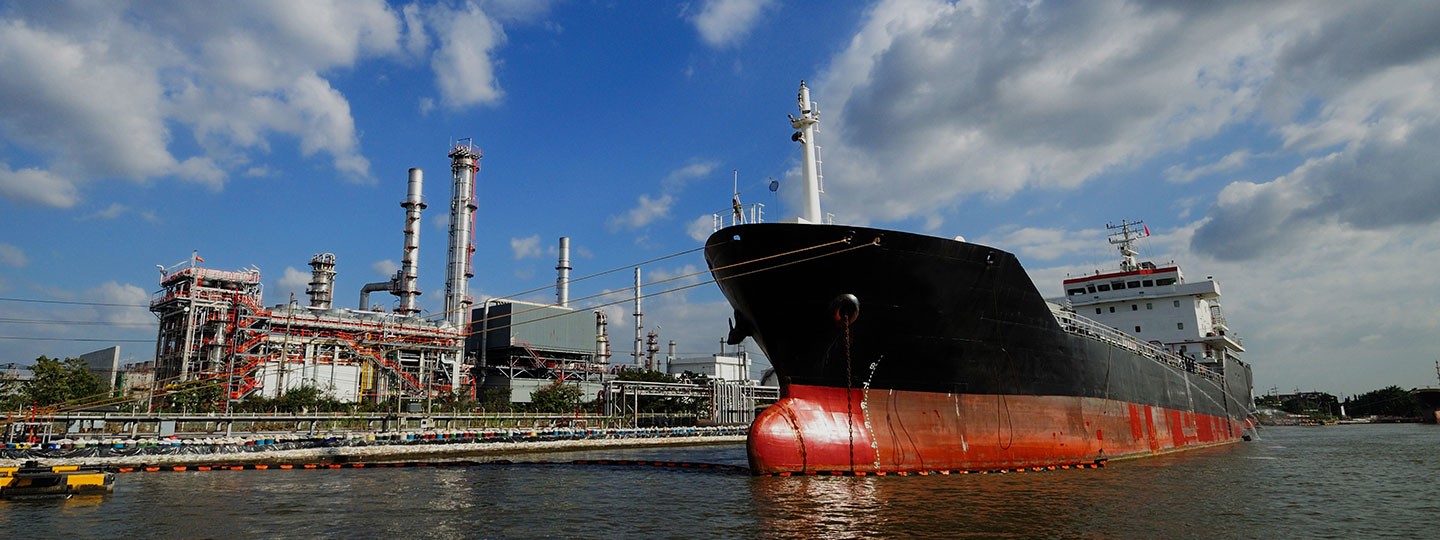
02.21.18
State of Washington Denies Largest Proposed Oil Terminal in North America in Vancouver
By Surfrider FoundationAfter more than four years of environmental review and process, Washington Governor Jay Inslee rejected the largest oil shipping terminal proposed in North America as not in the best interests of the state and its people. The Tesoro Savage project (also known as Vancouver Energy) sought to ship over 131 million barrels of oil per year down the Columbia River. Governor Inslee cited the comprehensive review and recommendation of the Energy Facility Site Evaluation Council (EFSEC), which found unavoidable catastrophic risks from earthquakes, oil spills in the Columbia River and the Pacific Ocean, and the threat of fire or explosion at the facility. The project would also cause up to five, mile-and-a-half long oil trains to pass through Spokane, the Columbia River Gorge, and the City of Vancouver every day with additional harms to public health and safety and increased climate changing pollution.
In his denial letter, Governor Inslee found that: “When weighing all of the factors considered against the need for and potential benefits of the facility at this location, I believe the record reflects substantial evidence that the project does not meet the broad public interest standard necessary for the Council to recommend site certification.”
“Given the proposed location of the facility, I am concerned about the likelihood of an oil spill impacting the Columbia River or reaching the Pacific Ocean. The Council found that the impacts of a Columbia River oil spill on water quality, wetlands, and fish and wildlife would be significant and cannot be sufficiently mitigated. To the extent these risks cannot be sufficiently mitigated, they must be avoided.”
Back in 2011, the Surfrider Foundation published a study on non-consumptive recreation along the Oregon Coast, which illustrated the economic value of recreation uses on the Columbia River Estuary and along the northern coast of Oregon. This study found that Oregon residents took an estimated 27 million trips to the Oregon coast, with over 80 percent for recreation. Average respondents spent approximately $88 per trip, translating to an estimated $2.4 billion in direct trip expenditures. A similar study was conducted in Washington in 2014, demonstrating that Washington residents took an estimated 4.1 million trips to the Washington coast, with nearly 60 percent saying the primary purpose was for recreation. Average respondents spent approximately $111 per trip, translating to an estimated $481 million in direct trip expenditures. Together, these studies demonstrate values much higher than the projected positive socioeconomic impacts of both construction ($129.3 million revenue total) and annual operation ($130.4 million annually) of the proposed oil terminal in Vancouver.
Washington chapters joined forces across the Columbia River with the Surfrider chapters in Oregon, and with our partners in the Stand Up To Oil Coalition, we helped to collectively amplify the voice of opposition to this unenlightened proposal. Surfrider staff and hundreds of activists from across both states sent letters to the state agencies leading these environmental reviews, signed petitions, attended rallies and provided public testimony. For the Vancouver public comment period, along with our coalition partners, we helped to submit 279,000 comments, the most ever received by the Washington Energy Facility Site Evaluation Council. All came with one unified message—Not The Answer. Read more from a recent article in The Drop.
Two years ago, three oil-by-rail terminals were planned on the Washington coast in Grays Harbor. Plans for all three were eventually cancelled because of fierce local opposition. In September 2017, the final of six coal terminal projects proposed over the last decade in Oregon and Washington was rejected in Longview, Washington.
“The Pacific Northwest is stopping those proposals,” said Dan Serres of Columbia Riverkeeper. “We call ourselves the thin green line, but I think it’s bigger than that. It’s community by community, really envisioning a cleaner future. And I think it gives people hope that we don’t have to keep building this infrastructure. We can do better than this and we are.” Read more on How a Grassroots Effort Took on Big Oil in Vancouver and Won.
